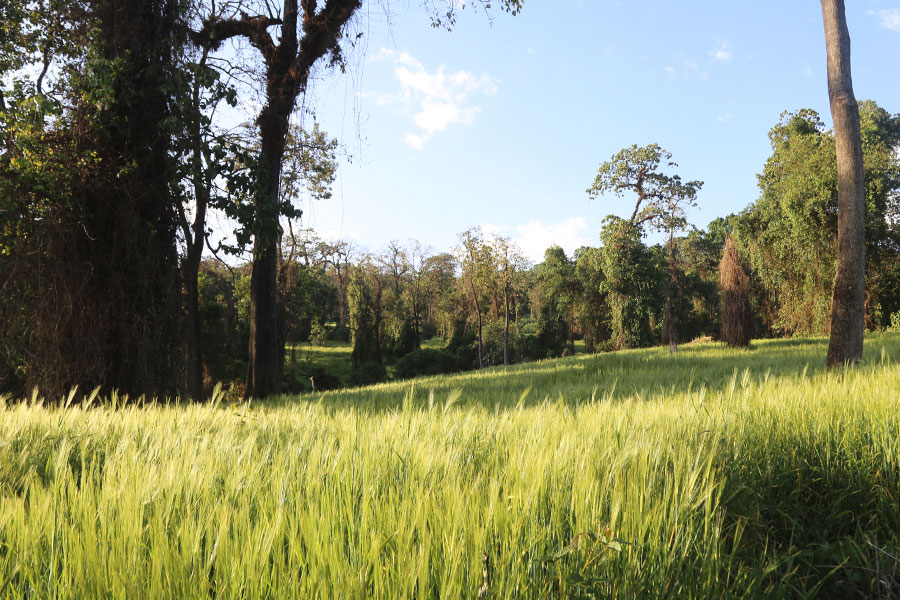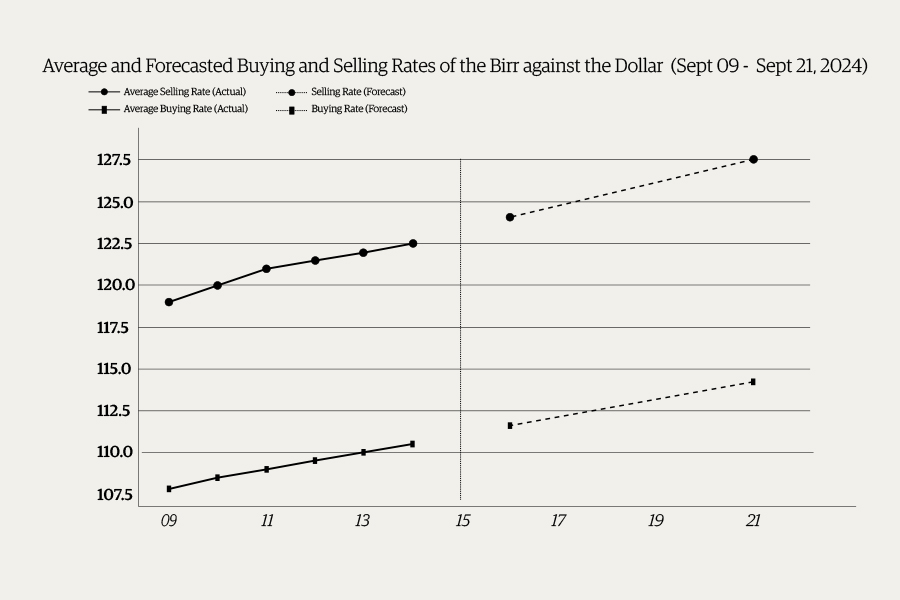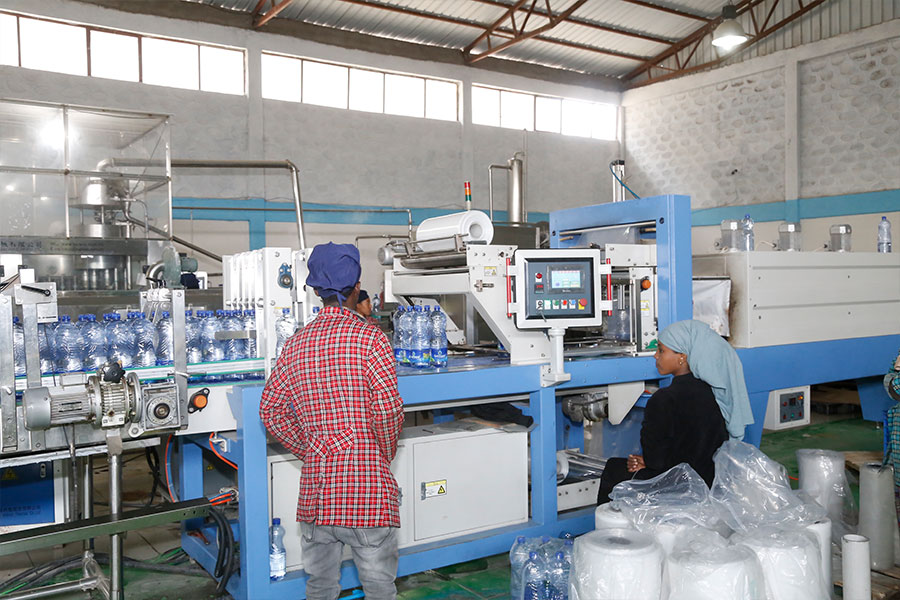
Editorial | Jan 02,2021
Headline inflation, which has drifted upward to double-digit figures for the past 15 monthes, edged down to 10.6pc.
The rate, which is considered an indicator of the cost of living, fell for the fourth consecutive month. The inflationary pressure of the previous month, measured by twelve general indices, was recorded at 11.5pc. At the beginning of this fiscal year, the rate was 14pc, much higher than the average rate two years ago.
The latest consumer price index, measurement of the average change in the price paid by consumers for a fixed basket of goods and services, shows that food inflation in the stated period reached 12.4pc, while non-food inflation registered at 8.6pc, a respective 0.3 and 1.4 percentage point slide compared to the previous month.
The government aspires to arrest inflationary pressure to single digits. However, the rate jumped to double-digits last fiscal year, contrary to the preceding year when the inflation rate was less than eight percent on average.
Though the average rate is 10.6pc, the highest rate was recorded in Harari Regional State, which had 16.1pc inflationary pressure. The lowest rate was recorded in Afar Regional State with 5.8pc. The capital had a 10.5pc inflation rate, almost the same as the national average.
The prices of bread, maize, barley, rice, teff, sorghum, meat, milk, cheese, eggs, butter, pulses and spices slightly decreased, according to the Agency, which has sampled a total of 119 marketplaces for the retail price survey.
Meat has shown the highest price increase with a 17.9pc rise.
The rise in inflation in the non-food component is mainly due to a rise in the price of clothing, footwear, housing repair and maintenance, especially corrugated iron sheets and door frames, cement, energy, charcoal, household goods and furnishings, transport, healthcare and food and beverages, according to the report.
From the non-food component, the higher rate stemmed from furniture, furnishings, household equipment and operation, which have grown by 16.8pc.
The rate decline could be linked to the approaching harvesting season, according to a macroeconomist and lecturer at Addis Abeba University, College of Business & Economics.
"Normally, when harvesting seasons approach, the price of food items decline," he said. "These declines are not permanent, and the prices could hike subsequently."
Even though the rate is declining, Ethiopia’s inflationary pressure is twice as high as its neighbour Kenya, which had a 5.58pc inflation rate in November. The inflation rate of Kenya has shown a slight increase from the previous month, when it registered 5.53pc, according to tradingeconomics.com, a New York-based statistics and data provider.
November's inflation rate is also lower than the average rate of 16.23pc that was recorded between 2006 and 2018. The nation had its all-time high rate in 2008 of 64.2pc and a record low of -4.1pc in 2009.
The expert argues that political stability always helps to stabilise inflationary pressure in the country, which he believes has been alarming since 2005.
"Before issuing any fiscal and monetary policies to control the inflation, political measures have to be taken," he said.
Ensuring the autonomy of the central bank, holding onto the rule of law and retaining strong institutions have to get priority, according to the expert.
"If these are addressed first, policy changes could address the issue permanently," he said. "If not, the inflation will affect foreign trade efficiency and stimulate forex hoarding."
PUBLISHED ON
Sep 24,2018 [ VOL
19 , NO
971]

Editorial | Jan 02,2021

Viewpoints | Aug 20,2022

Featured | Jan 12,2019

Money Market Watch | Sep 14,2024

Agenda | Apr 02,2022

Sunday with Eden | Apr 22,2022

Fortune News | Sep 01,2024

Fortune News | Jan 16,2021

Radar | Nov 27,2018

My Opinion | Nov 21,2018

Dec 22 , 2024 . By TIZITA SHEWAFERAW
Charged with transforming colossal state-owned enterprises into modern and competitiv...

Aug 18 , 2024 . By AKSAH ITALO
Although predictable Yonas Zerihun's job in the ride-hailing service is not immune to...

Jul 28 , 2024 . By TIZITA SHEWAFERAW
Unhabitual, perhaps too many, Samuel Gebreyohannes, 38, used to occasionally enjoy a couple of beers at breakfast. However, he recently swit...

Jul 13 , 2024 . By AKSAH ITALO
Investors who rely on tractors, trucks, and field vehicles for commuting, transporting commodities, and f...

Jun 28 , 2025
Meseret Damtie, the assertive auditor general, has never been shy about naming names...

Jun 21 , 2025
A well-worn adage says, “Budget is not destiny, but it is direction.” Examining t...

Jun 14 , 2025
Yet again, the Horn of Africa is bracing for trouble. A region already frayed by wars...

Jun 7 , 2025
Few promises shine brighter in Addis Abeba than the pledge of a roof for every family...